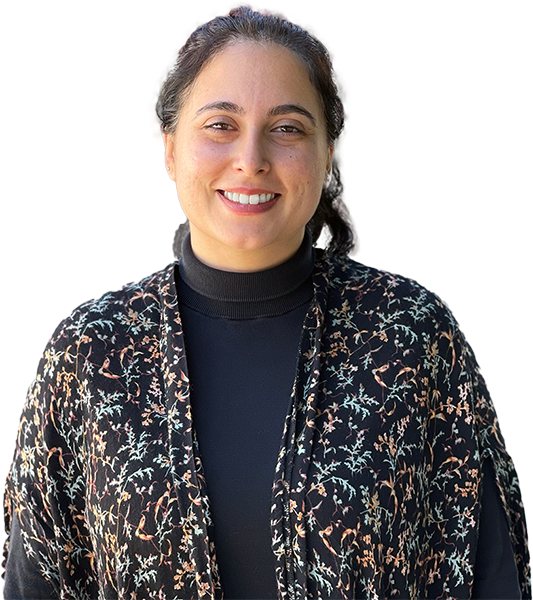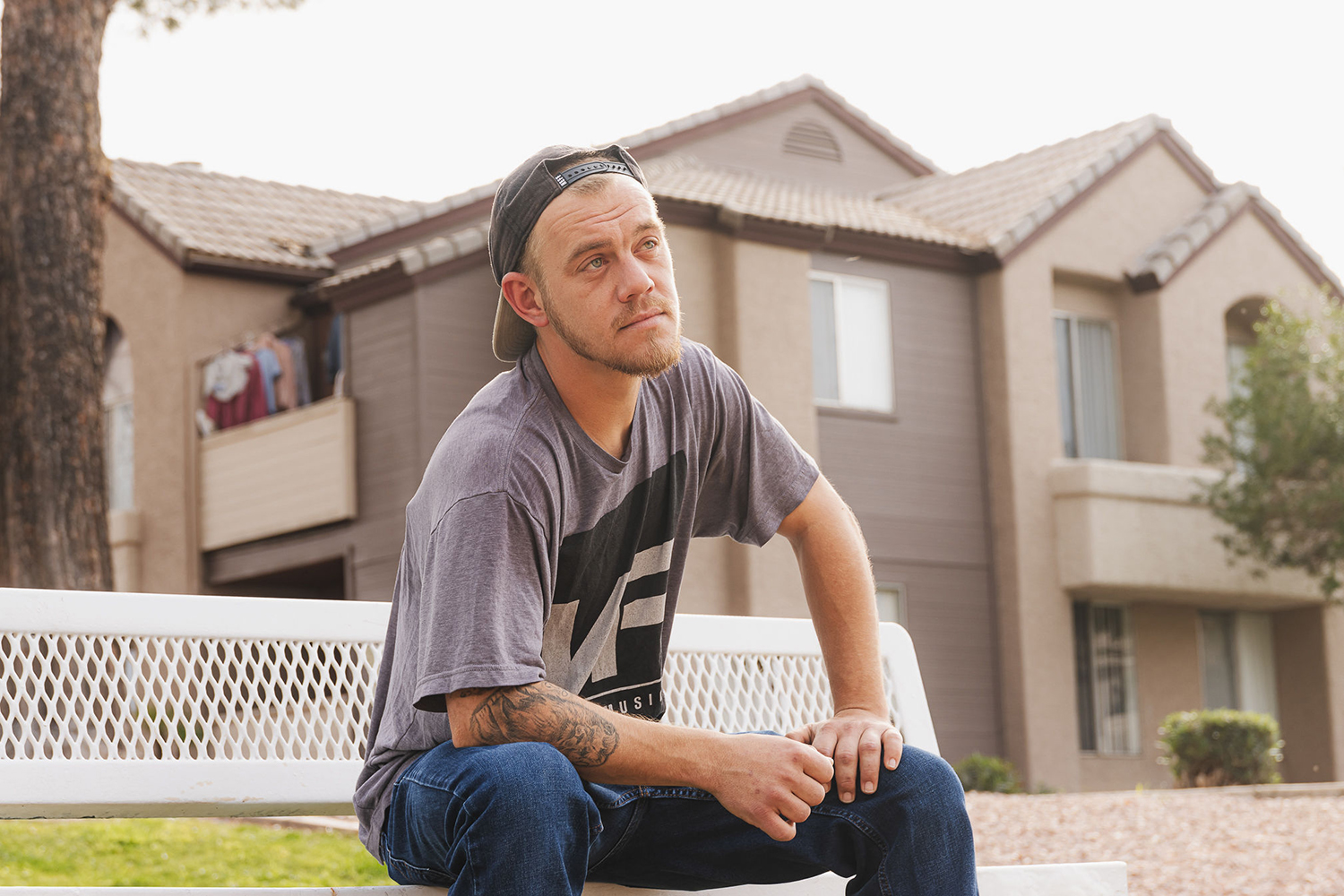In late May 2023, Samuel was incarcerated because he couldn’t afford a $2,050 bond set against him. Still legally presumed innocent, and deemed eligible for release by a judge, the only reason the 29-year-old Phoenix resident remained incarcerated was because the bail assigned to him was unaffordable.
Inside Watkins Jail, with its history of horrific conditions, the one thing that kept Samuel’s mind at ease was knowing that his kids – nine-year-old Serenity and seven-year-old Derek – were safe and being cared for by their mother, Stephanie.
“Stephanie and I, we were really close. She was like my best friend. She was my everything.”
Samuel met Stephanie when he was 19, and said that she was the love of his life. The pair had been together for 10 years and were inseparable. “Stephanie and I, we were really close. She was like my best friend,” he said. “She was my everything.”
One summer day, about a month after Samuel was incarcerated, Stephanie took their kids to her little brother’s birthday party. At the celebration, some of the adults were drinking and things started getting rowdy. A fight erupted. Someone pulled a gun and began firing. Stephanie, who had been standing nearby, was struck. She was killed instantly.
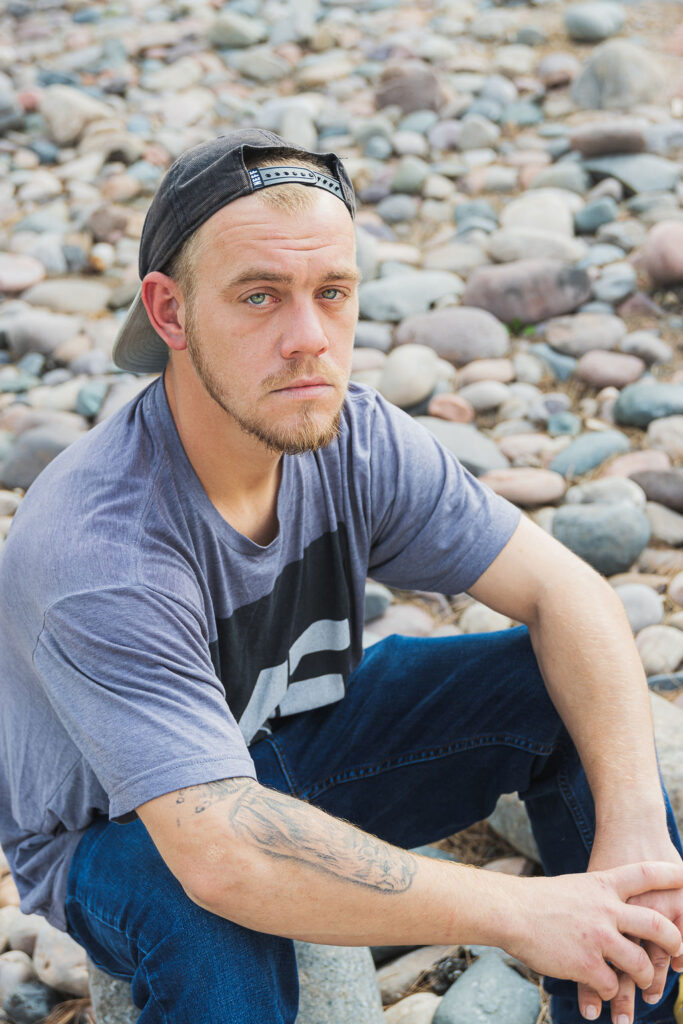
It was like any other day in custody when Samuel learned of Stephanie’s death. He and several other people detained there were in the common space of the cell block, talking and passing time. The news shocked and overwhelmed him. Seeking some way to expel his grief, Samuel cried out in despair and started punching a wall, exhibiting behavior that is often considered outside codes of conduct. A correctional officer sought to intervene but the other inmates stopped the officer, giving Samuel room to express his shock and heartbreak. “They protected me,” Samuel said. “They told the correctional officer that I had just lost the mother of my kids.”
In the months that followed, Samuel’s cellmates continued to support him. They played basketball and chess with him – anything to help distract his mind. Often they were on lockdown together in their pod for eight hours each day. When Samuel needed someone to talk to, they sat back and listened. “The guys in my pod were good. We all had the same mindset of wanting to better ourselves when we got out,” he recalled. “If I just needed to talk, they would be there. They tried their best.”
“She wanted more kids. She was very family oriented.”
Stephanie was one of the few people Samuel felt he could trust and be vulnerable with. They learned from each other and supported one another unconditionally. They had been looking forward to expanding their family. “She wanted more kids,” he said. “She was very family oriented.”
Samuel has always cherished Stephanie’s family. He looks up to them and views them as good role models for his children. Stephanie’s upbringing was vastly different from his own. She was raised by her grandparents in a middle-class family; Samuel grew up poor and started living on his own at a young age. His father raised him until age 12 and then kicked him out of his home. He became homeless after that. “I spent a lot of time sleeping over at my friends’ houses,” Samuel said. “I would couch surf.”
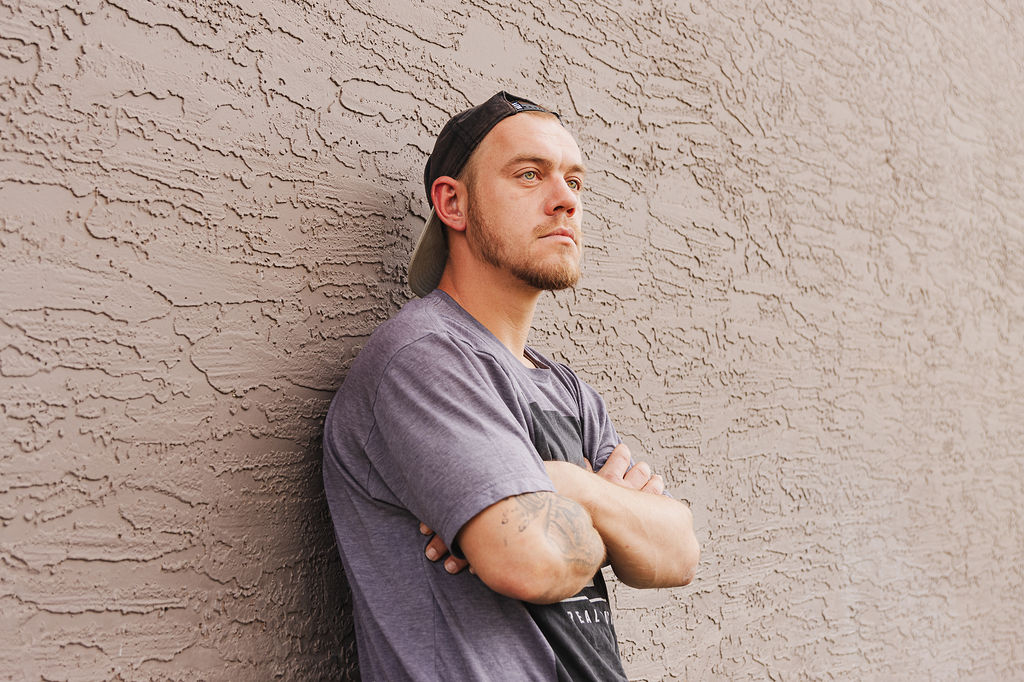
In the weeks and months following Stephanie’s death, Samuel remained in jail, still unable to pay bail. He struggled to grieve behind bars. Without friends and family to lean on for support, his options for ways to seek comfort were limited. His cellmates, noticing that Samuel was growing increasingly more distant and detached, tried their best to help. But Samuel desperately wanted to be near his children, who were staying with Stephanie’s mom. It didn’t help that he wasn’t optimistic about what his case outcome would be either. Samuel felt certain the judge was going to sentence him to prison.
Little attention has been given to how jails and prisons can better assist a person when they lose a loved one while behind bars. Each day, an unknown number of incarcerated people across the country learn that someone close to them has died. Incarceration changes the way a person mourns. Jail environments restrict people from being able to openly grieve. Individuals have limited agency over how they spend their days and are often restricted in how they’re able to display emotions. With movements either restricted or dictated, incarcerated people lack the autonomy to experience their grief privately. Grief counselors and chaplains provide a crucial lifeline for many, but support is still limited. Isolation complicates one’s ability to cope with loss. Unable to publicly grieve or openly acknowledge profound loss can be debilitating and, for many, the experience deeply distressing.
After three months in jail, Samuel’s friend had an idea. She remembered hearing about The Bail Project and reached out to its Phoenix team. In her application she explained why it was important that we help pay Samuel’s bail. In late June, after learning about him and his family’s situation, The Bail Project paid Samuel’s bail and he was released from jail.
To honor Stephanie, Samuel was eager to get his life back in order, so he took advantage of The Bail Project’s pretrial supportive services. With our help, he regained health insurance and entered into a 30-day outpatient substance use treatment program. He also signed a lease for an apartment with three of his friends and gained employment at two construction jobs.
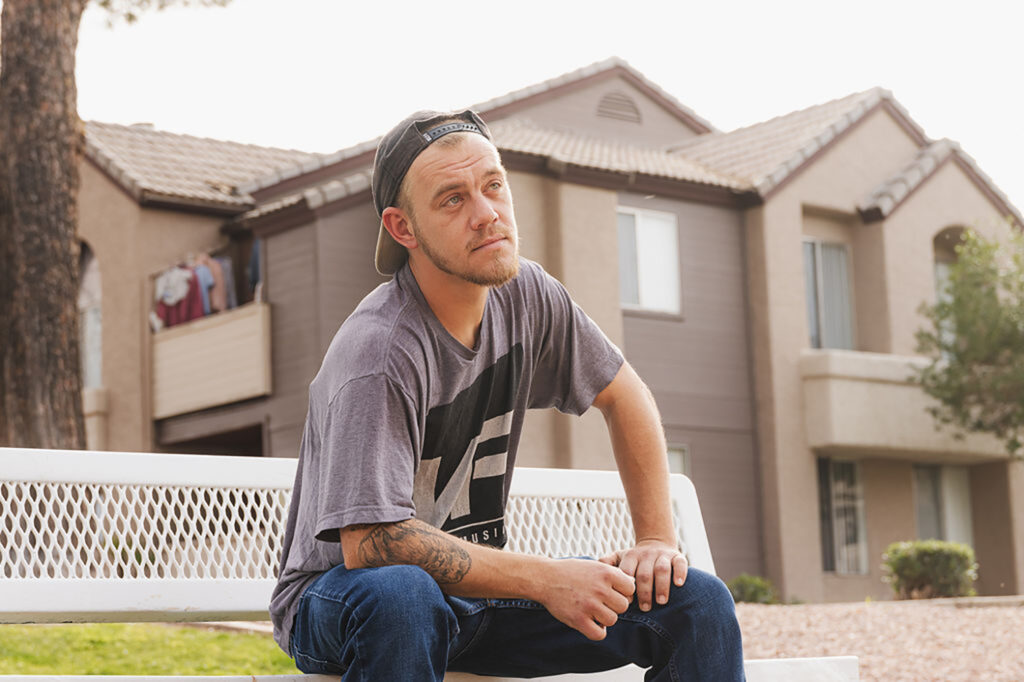 During one his court appearances several months later, in early January 2024, the judge, in recognizing the progress Samuel had been making, recommended that he be sentenced to probation. “I was going to get three months in prison, but the judge said that he thought that would be a setback for me,” he said. “There’s no doubt in mind that if I hadn’t been able to pay bail and fight this case from the outside, that I would have gone to prison.”
During one his court appearances several months later, in early January 2024, the judge, in recognizing the progress Samuel had been making, recommended that he be sentenced to probation. “I was going to get three months in prison, but the judge said that he thought that would be a setback for me,” he said. “There’s no doubt in mind that if I hadn’t been able to pay bail and fight this case from the outside, that I would have gone to prison.”
“Being able to be on the outside, I was able to prove to the court that I could change myself.”
Recently, Samuel graduated from the outpatient treatment program and enrolled in relapse prevention classes. “I wouldn’t have been able to do any of that if I was in jail,” he said. “Being able to be on the outside, I was able to prove to the court that I could change myself.”
For Samuel, some days are still more difficult to get through than others. He said it’s difficult not to think about Stephanie and the future they had been building together. He wishes she were still alive to see how much their kids have grown and how well he is doing. He thinks Stephanie would be proud. “I have a lot of support and that helps me think about the positive stuff in my life,” he said. “I am focusing on improving myself and I try to remember all the things I’ve accomplished.”
I hope you were as moved by reading this story as I was while interviewing our client and writing it. We at The Bail Project are honored to provide a platform for our clients to share their experiences – but we are only able to do so because of the support of readers like you. If you found value in this story, please consider donating today. Every little bit helps.
